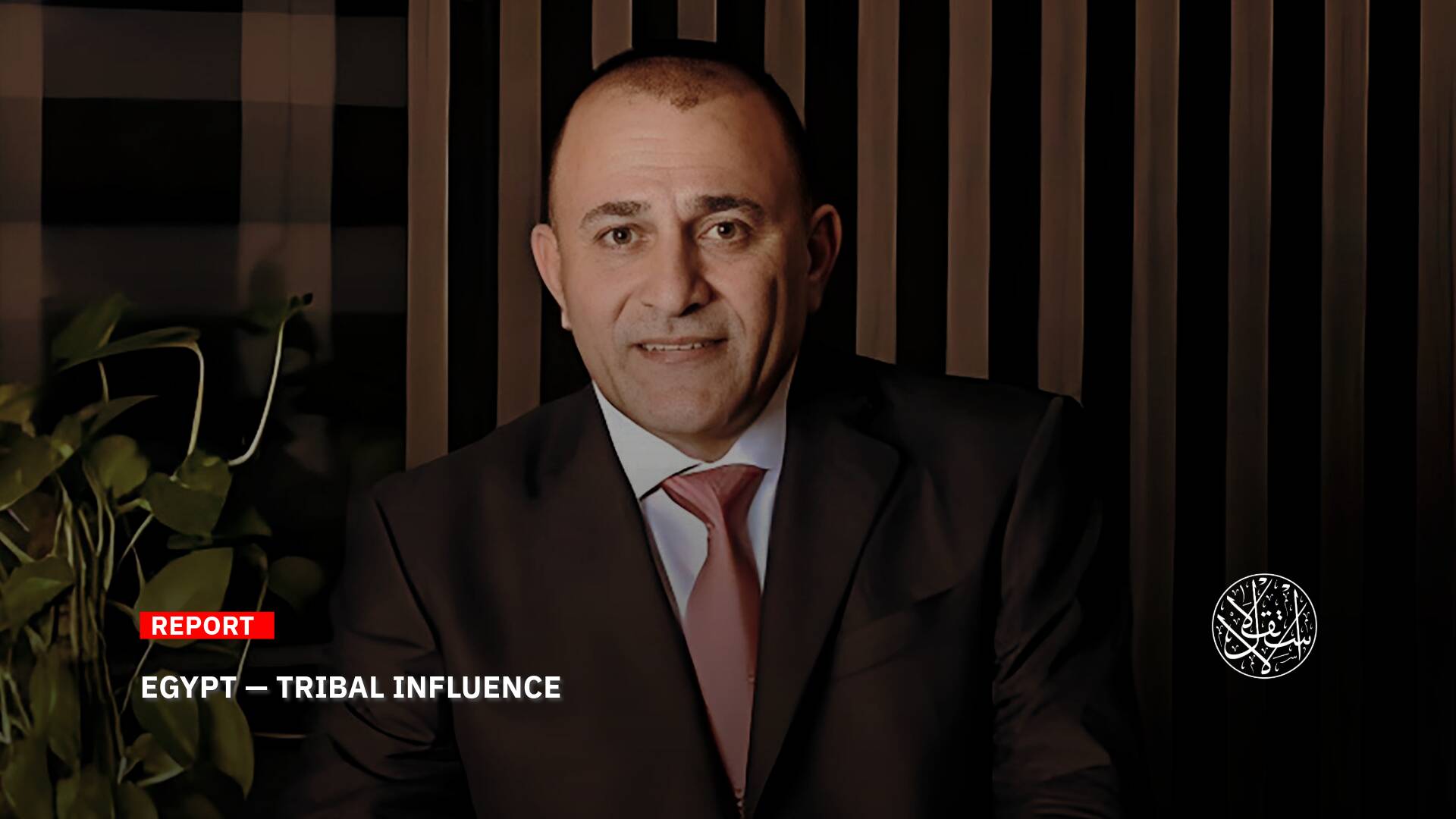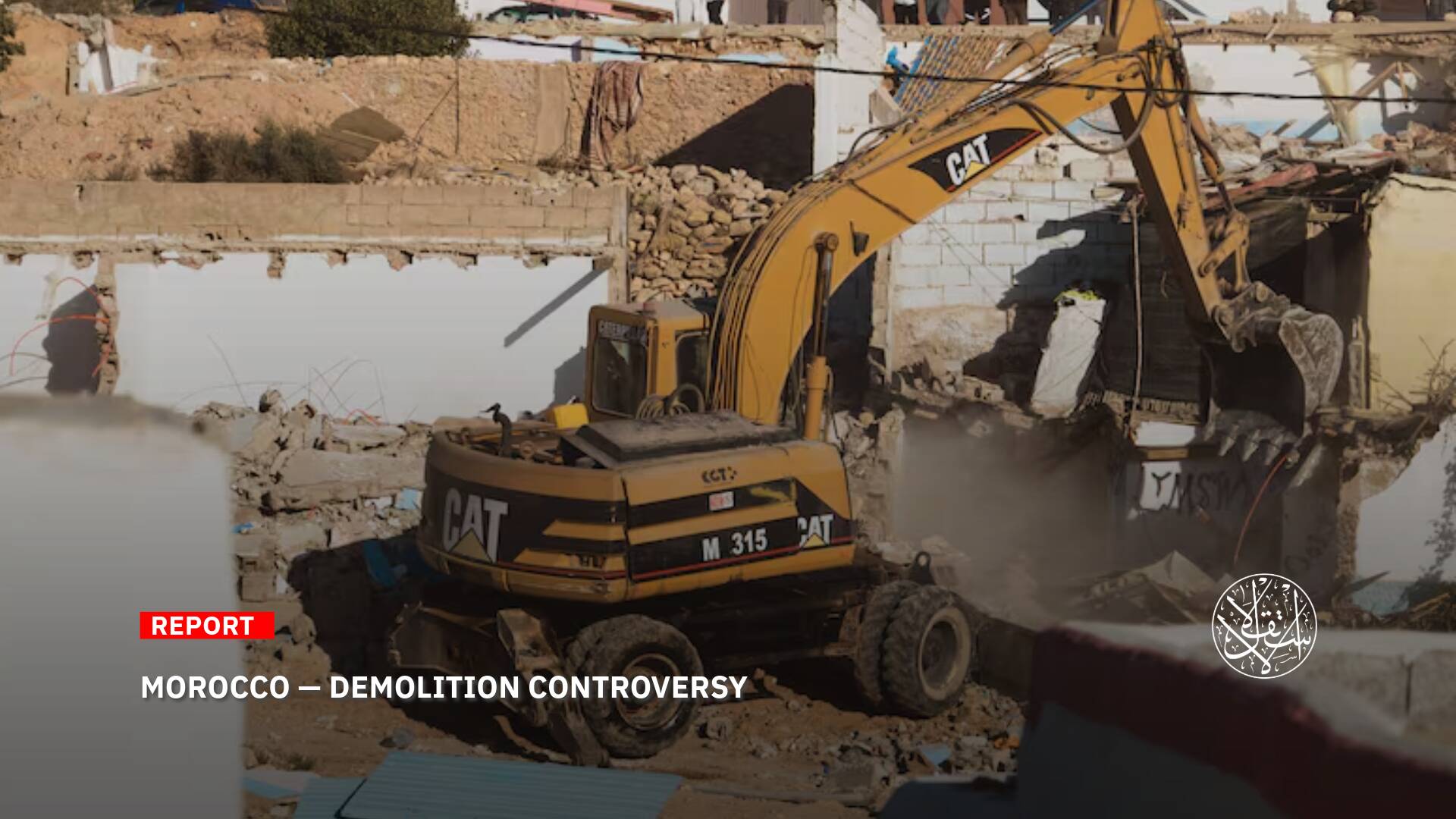How Religious Schools in 'Israel' Are Creating More Extremist and Violent Generations
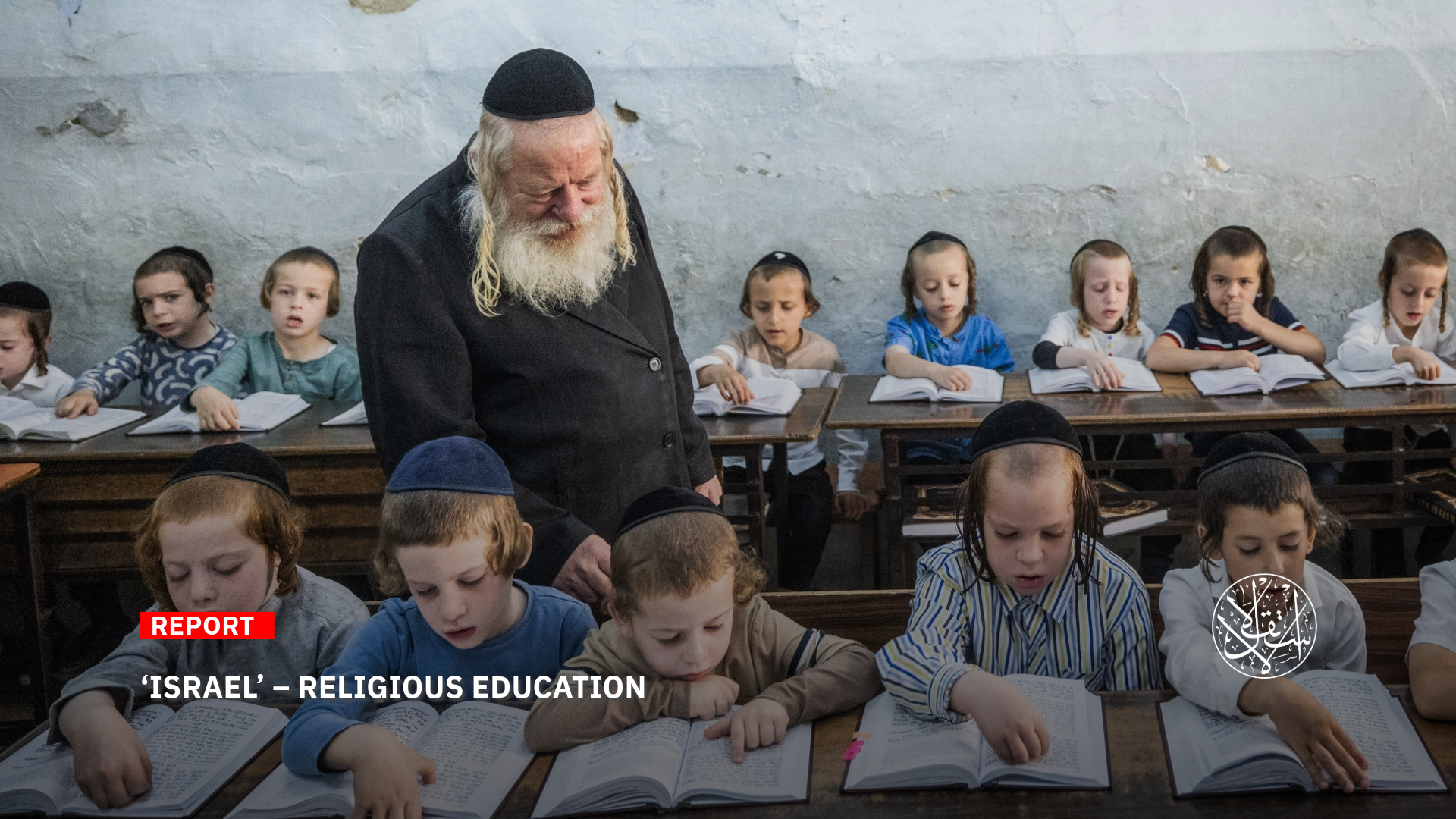
“Monthly statistics indicate 60 incidents of sexual abuse against students in religious schools.”
A new documentary has caused widespread controversy after exposing the persecution, torture, and sexual harassment suffered by students in ultra-Orthodox (Haredi) schools in “Israel” at the hands of their rabbis.
The documentary presents a shocking picture of how some classrooms in Haredi schools, which serve thousands of students from kindergarten to eighth grade, have been transformed into harsh arenas of corporal punishment.
Alongside this physical violence, students are exposed to these schools, and their minds are being indoctrinated with extremism and hatred of Palestinians and Arabs in general, as well as extremist fatwas that legitimize the targeting and killing of Palestinians.
School Violence
Haaretz published a report on a documentary that highlights the systematic violence against children in religious schools belonging to the ultra-Orthodox Jewish community in “Israel”.
The documentary, titled ‘No Child Spared’ (in Hebrew, Ha’Heder), depicts the painful personal experiences of its director, Meni Philip, a former Haredi, and 11 other people who were physically and psychologically abused by their teachers as children.
Philip recalls his memories of being in a religious school in the Petah Tikva settlement near Tel Aviv in the 1970s, where he was subjected to severe beatings and humiliation that led to temporary memory loss, asserting that the deep psychological scars resulting from this treatment still haunt him.
According to these witnesses, corporal punishment in some ultra-Orthodox schools is viewed as a necessary tool for raising children and instilling Torah values in them, based on a strict interpretation of a religious text that states: “He who spares his rod hates his son.”
Punishment tools are used, including belts, rulers, crutches, hammers, plastic hoses, and anything else that can be used to inflict pain.
Philip, who grew up in a Haredi family, was convinced that the physical and mental abuse he experienced as a child in the Haredi Torah educational system had disappeared over the years.
However, a widely circulated publication and hundreds of subsequent testimonies proved otherwise—the phenomenon persists today.
The documentary also draws attention to another social aspect: the widespread abuse of Sephardic children (Eastern Jews) by Ashkenazi school teachers (Western and European Jews), revealing the deep societal rift within “Israel”.
Despite the scandals the documentary raises, most parents in the Haredi community continue to accept the existing education system, either out of satisfaction or because there are no alternatives.
Director Philip asserts that these painful collective experiences that children undergo in religious schools contribute to the formation of an entire society that suffers from the consequences of psychological trauma and loses its ability to communicate healthily with others.
He points out that abuse and violence destroy a child's personality and independence, causing chronic fear and an inability to interact socially, a condition known scientifically as emotional withdrawal. This may lead the child to grow up and perpetuate the same cycles of violence in future generations.
It is noteworthy that Israelis acknowledge that these abuses cause mental health complications later in life, including anxiety attacks, a desire to avoid close contact with others, and the use of violence against Palestinians when they enlist in the army.

Sexual Crimes
A while ago, it was revealed that a rabbi in the Haredi community was accused of committing sexual crimes against 80 students.
This comes amid a silence that has enveloped religious schools in “Israel” regarding child sexual abuse, leaving hundreds of cases of abuse within their classrooms unanswered.
Many children attending religious schools in “Israel” prefer to remain silent, including parents themselves, who fear harming their daughter or son's chances of finding a suitable partner in the future or tarnishing their family's reputation in the community.
A Jewish mother of children living in a Haredi city who was sexually abused as a child wrote a letter stating, “There are many teachers and rabbis in our city who allow themselves to harm young children.”
“No one speaks up. People don't have the courage to go to the police and are afraid of being expelled from the Haredi community. Criminals exploit this circle of silence to unleash their desires at the expense of young children,” she added.
In 2017, Rabbi Aharon Shlomo Lisson was sentenced to seven years in prison after being convicted of sexually assaulting three sibling students from 2009-2014.
However, it is surprising that the chief rabbis condemned the family's conduct in filing a complaint, arguing that child sexual abuse is not as serious as reporting it to the authorities.
While thousands of children and adolescents under the age of 18 are sexually abused annually in Israel, the phenomenon is more widespread in the ultra-Orthodox community, but the exact figures are unknown because they prohibit appeals to secular courts.
A report by the Knesset Research and Information Center stated that monthly statistics indicate 60 incidents of sexual abuse against students in religious schools.
Meni Philip directed a short film, ‘The Sinner’, which screened at the 2009 Venice Film Festival and won the European Short Film Award. The film, inspired by his own personal experiences, tells the story of a child sexually assaulted in a religious school.
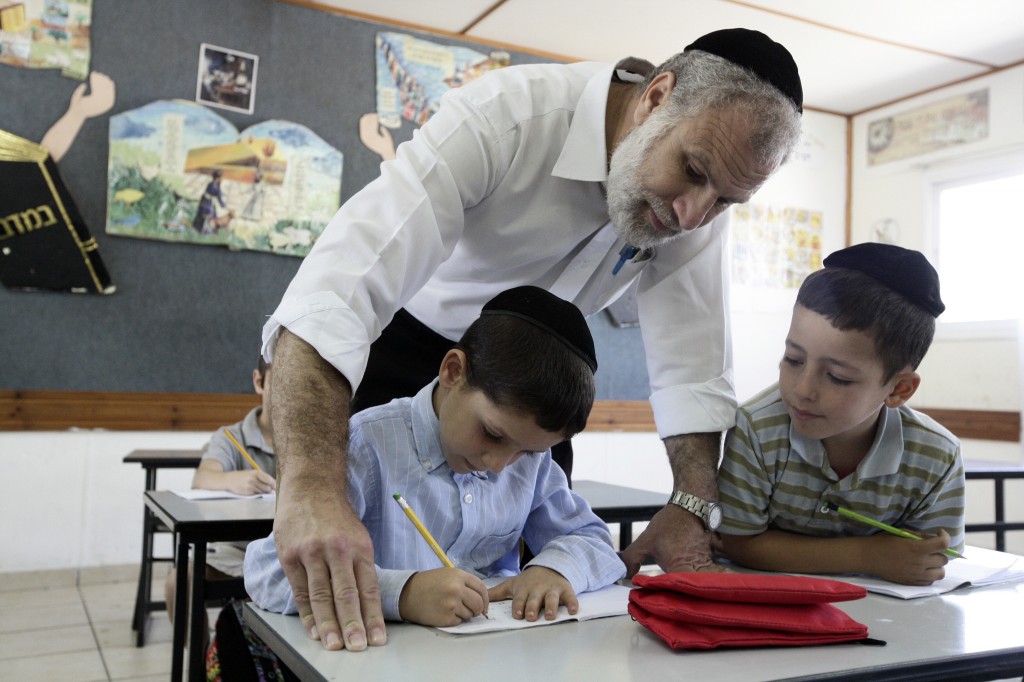
Religious Schools
The documentary 'No Child Spared' also raises a fundamental question about the absence of any official measures by the Israeli authorities to investigate these allegations, wondering whether anyone would dare challenge the Haredi system and hold it accountable for such practices.
According to observers, this issue appears likely to remain unresolved, as there have been no concrete steps taken by the state to put an end to these alleged violations.
A field study comparing religious and secular students revealed that the Israeli government pays 116,000 shekels (almost $32,000) for a religious student, compared to 52,000 shekels (almost $14,000) for their secular counterparts.
The Ministry of Religious Affairs also contributed funding to the education of 35,000 students in these schools, indicating that 5,500 new students join religious schools annually. Religious education has witnessed a steady and significant expansion in “Israel”.
While 1948 saw the establishment of 50 religious schools, the number reached 600, with an annual student population ranging between 1,300 and 1,500.
Despite the shocking data on violations in yeshivas that prompted Israeli reactions, the right-wing government, instead of punishing them, increased their budget by an additional 97 million shekels (almost $30 million) as part of the right-wing coalition agreements.
This comes despite the fact that these religious schools in “Israel” do not follow the government curriculum, refuse any ministerial oversight, and have never agreed to install cameras in their public facilities to monitor school violence.
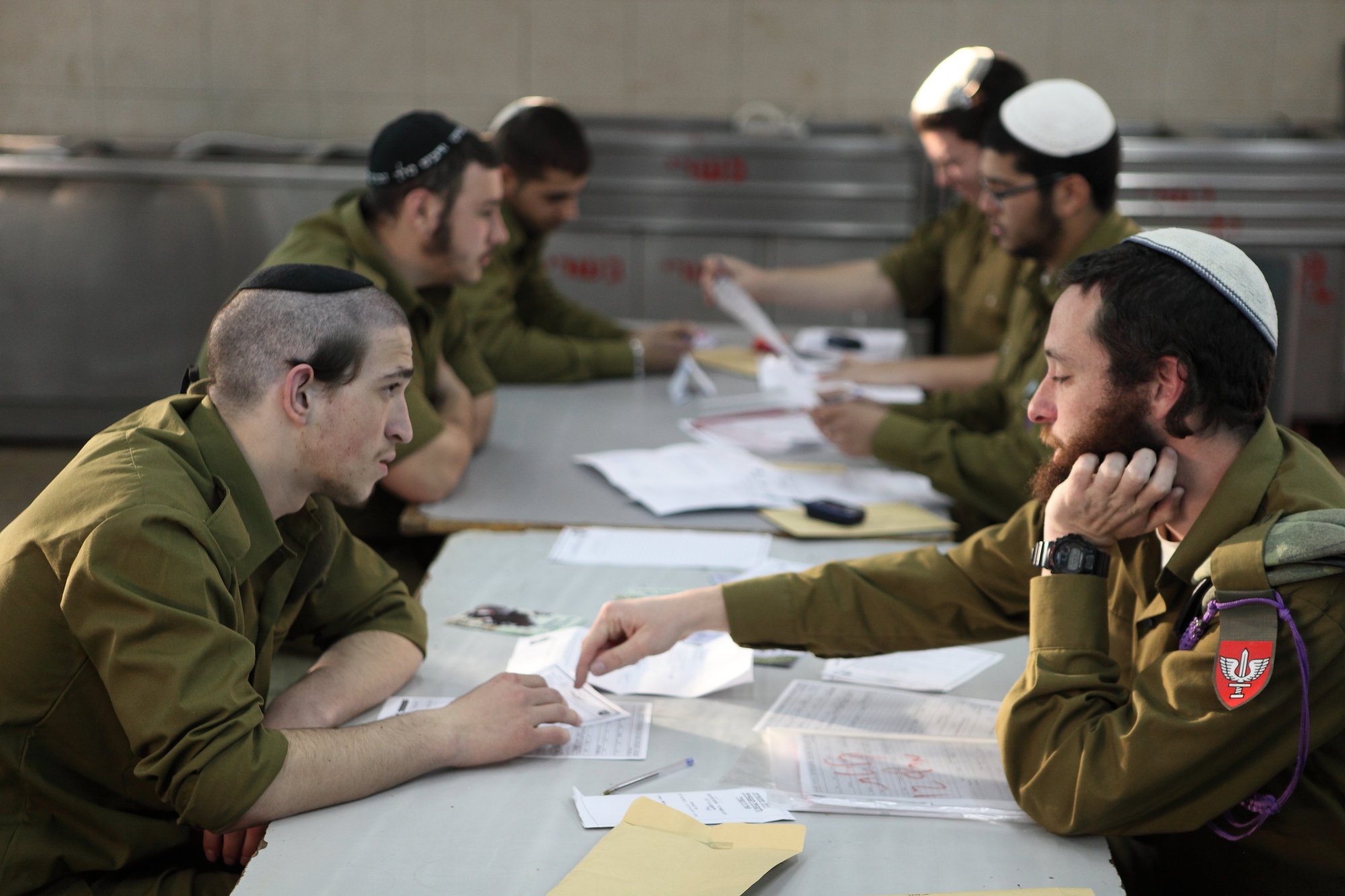
It is worth noting that several prominent rabbis teach in these yeshivas in Israel, including Itzik Shapira, author of ‘The King's Torah’, who issued bloody religious edicts permitting soldiers to kill innocent non-Jewish children not involved in war or combat.
The Association of Rabbis in “Israel”, headed by Rabbi Dov Lior, also issued a fatwa permitting the army to bomb Palestinian population centers indiscriminately, claiming that the Torah permits firing shells at the source of fire, even if civilians are present, without warning them before the bombing.
In turn, former Minister Avigdor Lieberman accused Israel's religious schools of preparing their students for military service and seeking to establish private religious militias.
He warned that the fact that these schools are not affiliated with either the Ministry of Education or the Ministry of Defense makes these soldiers loyal only to the rabbis.
Sources
- 'Indescribable Suffering': The Man Exposing the Horrors of Haredi Schools in Israel and Abroad
- ‘The Haydar’: Horrifying violence as an educational tool [Hebrew]
- Teacher in Haredi community suspected of committing sexual offenses against approximately 80 students [Hebrew]
- A collection of shocking descriptions of abuse in Haredi education [Hebrew]


